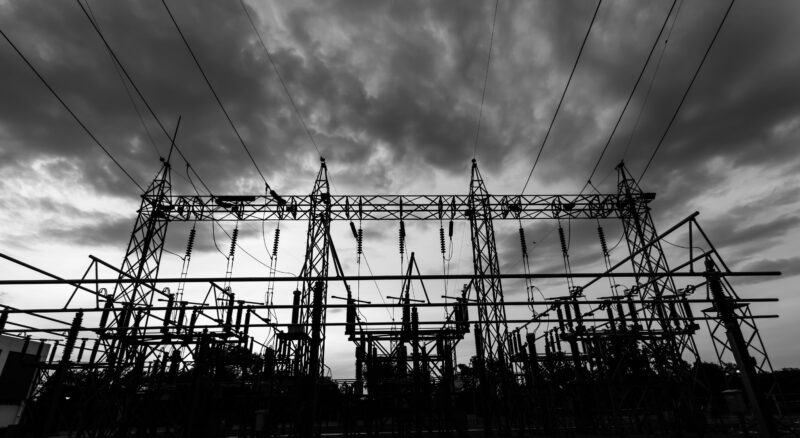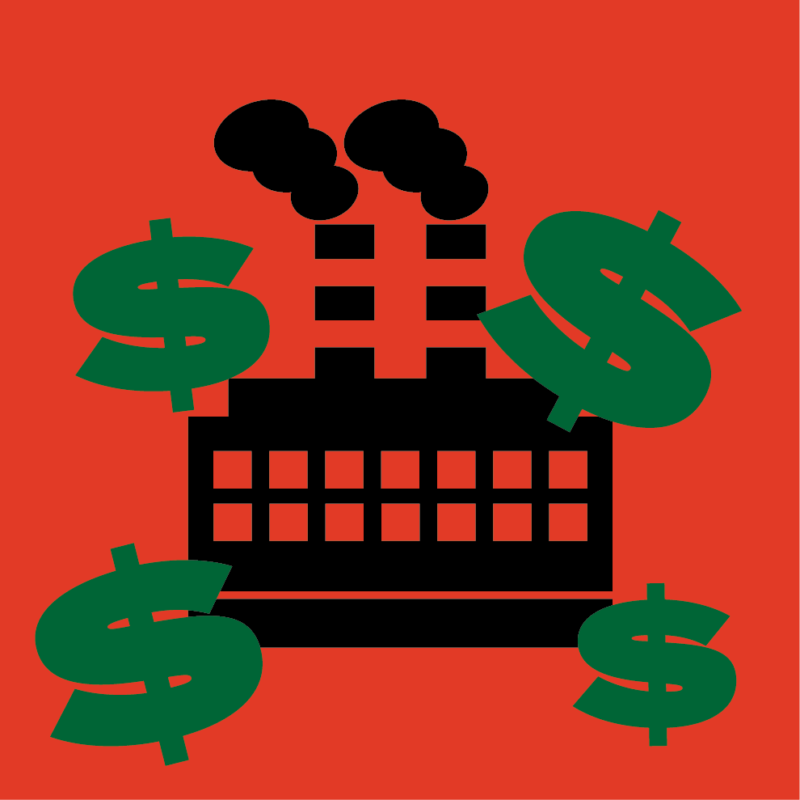
Fossil fuel gas plants have grown in popularity over the past fifteen years; this year, these plants will produce 41% of the nation’s power. They’re also contributing to power outages across the country. Fossil fuel gas plants have contributed “to more than seven hours of power interruptions for US households on average in 2021, more than double the rate reported in 2013.”
During this past winter’s storms and freezing weather, a large number of fossil fuel gas-powered plants were offline. “[S]ome gas plants, like Indeck Niles Energy Center in Michigan, didn’t produce any power at all during the grid’s emergency calls to action, the data show. At that brand-new facility, which had only been commissioned a couple of months prior, severe winter weather caused critical equipment like transmitters and valves to freeze, said people familiar with the operations who asked not be identified because they weren’t authorized to speak publicly. Indeck Niles management declined to comment.”
Read the full article at Bloomberg

